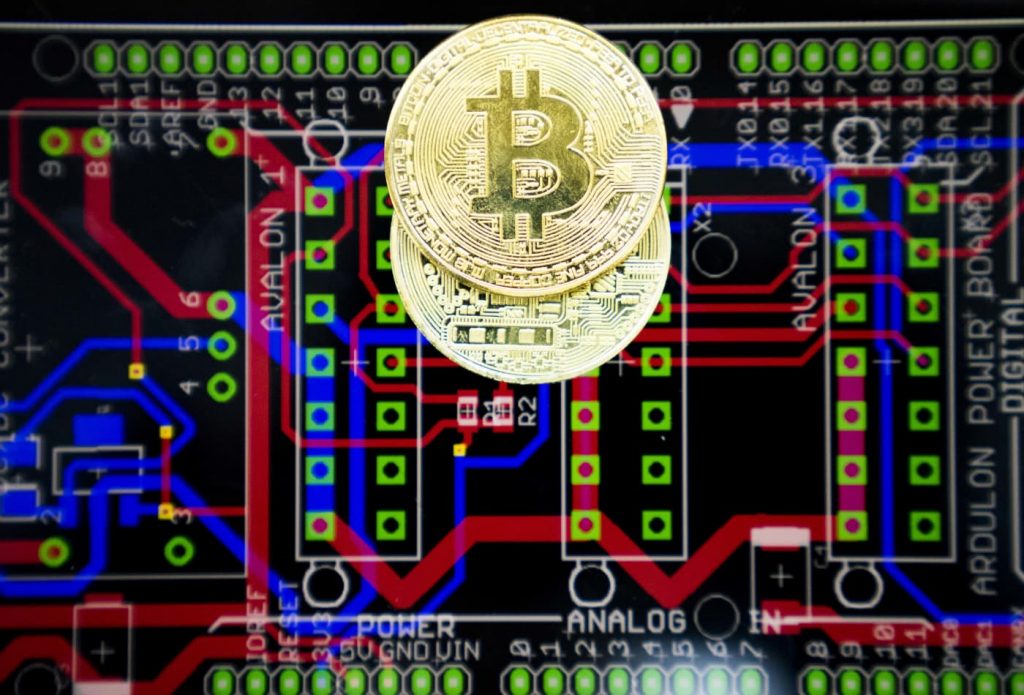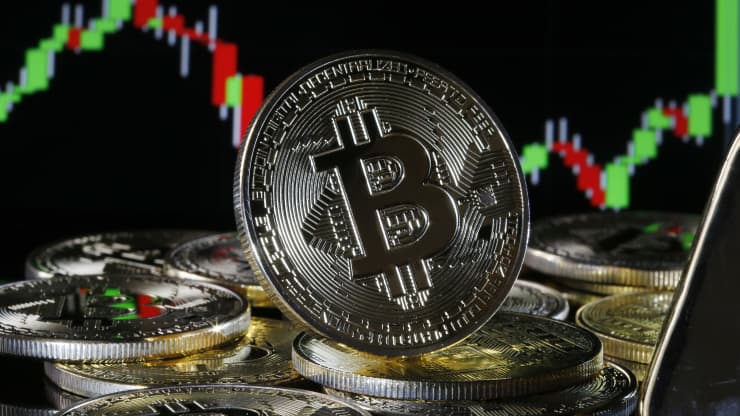
Bitcoin has been synonymous with cryptocurrency — it has paved the way for the thousands of altcoins flooding the market, all competing for people’s investment and trust. Bitcoin seems to have broken into the mainstream, with household names such as Tesla and Microstrategy openly announcing their use of Bitcoin as a reserve asset.
No surprise then that Bitcoin crossed the $60,000 mark in early March, and in spite of what some call “market corrections”, investors, both retail and corporate, are still bullish.
Is Bitcoin a Bubble?

Bitcoin being listed on Paypal also contributed to its seemingly-endless climb. If there’s one thing that’s always rung true about the history of financial markets, though, it’s that what comes up must come down.
Some people think that Bitcoin is a wave, and they intend to ride it until it breaks.
Is Bitcoin Still Worth Owning Today?

Some investors believe that Bitcoin isn’t only worth it, they are betting their bottom dollars on the idea that Bitcoin will reach $100 within the year. COVID 19 has opened the stage for the transition to a global economy.
Faced with the uncertainty of a global pandemic as well as economic instability, some countries such as Venezuela and Colombia have led the world when it comes to Bitcoin adoption. It has provided individuals with a way to shield their hard-earned money from dismal local market conditions.
More and more people are realizing just how much crypto can change the world. The idea that we want to challenge, however, is whether Bitcoin’s tvision of the future is one that we should be investing on.
Bitcoin’s Problem: Its Inability to Evolve

There is no question that Bitcoin is an excellent store of value. However, the biggest problem is in its inability to get on with the times. Bitcoin’s averages around 7 transactions per second, meaning, it takes around 10 minutes to process a single transaction on average. Depending on how congested the network is and the size of your transactions, users sometimes wait for more than a day.
Bitcoin transactions are also expensive. Not to mention the notorious volatility that has rendered it unusable for real-life payment use-cases. There is no way to truly determine the value of Bitcoin, and so
More than that, Bitcoin’s long-term repercussions on the environment is severe. According to Digiconomist, Bitcoin mining accounts for 37 million metric tons of carbon emissions every year.
With these factors considered, Bitcoin doesn’t really sound like such a revolutionary digital currency that some maxers make it out to be. If it doesn’t function in the way that it’s designed, what is it for then?
The answer might be hiding inside Bitcoin’s distribution: 99% of all Bitcoins are owned by a startling 1% of all users (cryptocurrency enthusiasts call these users “whales”). Another case in point: one of the world’s biggest Bitcoin wallets, Coinbase, gets to know who’s buying what, and when — basically, the opposite of the decentralised future promised in the Satoshi Nakamoto whitepaper. The majority of Bitcoins are owned by a few.
The Bottomline
Bitcoin is performing well because it’s in the holders’ best interest to keep it as valuable as it is. The value of an archaic coin will be inflated and stretched to its limits. After all, as the wave rises, they have billions worth BTCs to sell with a few billions more left to keep on risking. The question is, what happens when the market sways to a different direction, or when these whales have decided to take their spoils somewhere else?
If everything goes well, some people get to cash out on their BTCs. However, the harsh reality is that most will keep hodl-ing until the bubble bursts and they lose more than they bargained for.
The question is, do you find value in this vision of the future, or would you want to invest in something that distributes the earnings (something that a lot of altcoins are actually designed to do), shields you from the indecipherable volatility of the market, and actually adds value to the world instead of destroying it?
Only you can decide.




